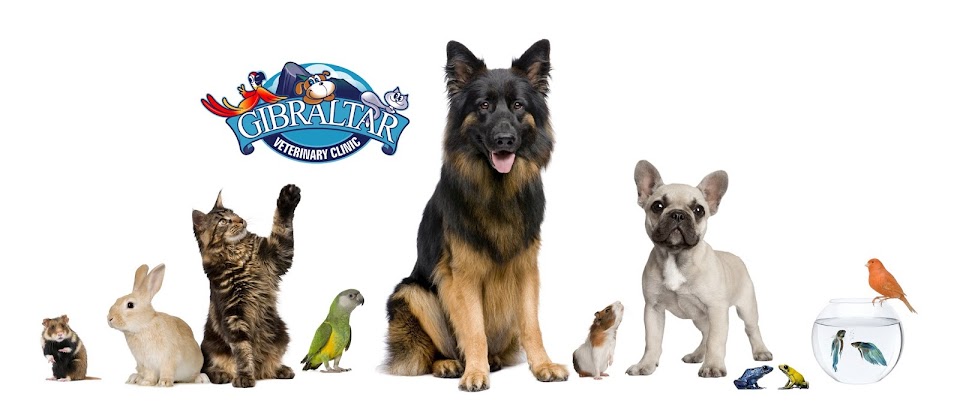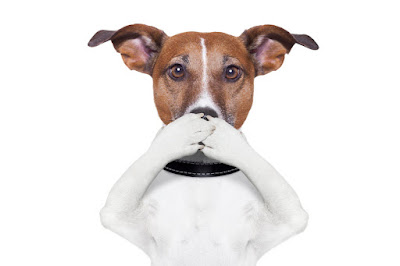Sometimes halitosis can be an
indication that all is not alright with your best friend, it is not a condition
to ignore as there could be treatment that might help and keep your pet
healthy.
The most common causes of halitosis are tooth decay,
gingivitis and periodontal disease. This is particularly common in the smaller
breeds of dogs, in Gibraltar the breeds most commonly afflicted are the
Yorkshire terriers and Chihuahuas. Just take a couple of minutes to check your
pet’s mouth, but don’t just check the incisors, firstly pull his gums back and
have a look at all the teeth, right up to the last molars, obviously check both
sides and upper and lower teeth. Then open your pet’s mouth and have a look at
the biting surfaces and the inside surface of the teeth. If there is any
reddening of the gingiva, and bleeding from gums or a lot of plaque on the teeth,
get them checked out. Just because your pet is young does not exclude him from
developing dental problems.
Neglected teeth with tooth decay over a protracted period
time can have serious repercussions to your pet. What happens frequently is
that bacteria from infected teeth embolise into the blood and lodge in the
liver, the liver can usually cope with this but if the liver is subjected to a
protracted challenge of embolised bacteria it can be damaged, resulting in decreased
hepatic function and in very advanced cases can cause death.
The heart can also be affected by the bacterial emboli, these
have a tendency to adhere to the heart valves and form vegetative lesions. Once
this happens there is permanent damage to the valves, even if the bacteria are
cleared with antibiotics the valves are irreversibly damaged and with time the
animal will develop heart failure.
Other less common complications directly linked to dental
disease are kidney failure and haemolytic anaemia.
In cats halitosis and gingival disease are one of the most
common symptoms of FIV (Feline Immunodeficiency Virus), cats also suffer quite
badly from immune based diseases that affect the gingival margins, causing
severe inflammation and infection.
As in most other medical conditions, prevention is better
than cure and the sooner you start looking after your pet’s teeth the easier it
will be to keep them healthy. Cleaning your pet’s teeth is usually not very
successful, pets don’t often tolerate this very well and we all lead very busy
lives. So the best way is to get your dog to clean his own teeth!! From an
early age get your dog used to hard chews, buy a selection of tough chews that
your pet will spend a long period of time gnawing at. If you buy a product that is gobbled away in
a matter of minutes then don’t purchase these, all they will do is make your
dog get fat.
Unfortunately if your pet has bad teeth and gingival disease
then it will need a dental, I always give the dog or cat a course of
antibiotics before a dental, primarily to stop bacteria embolising into the
blood and causing complications. At the practice we have invested heavily in
dental equipment to offer our clients the best dental care possible, with
ultrasonic descalers, polishers and dental drills.
Halitosis can also be an indicator of internal disease, when
waste products cannot be cleared effectively from the body then they can taint
the smell of expired air, most commonly seen in animals with renal disease and
diabetes. These diseases can be treated, the sooner they are diagnosed the
better the prognosis.
In summary if your pet has a smelly mouth do not ignore it!!!

